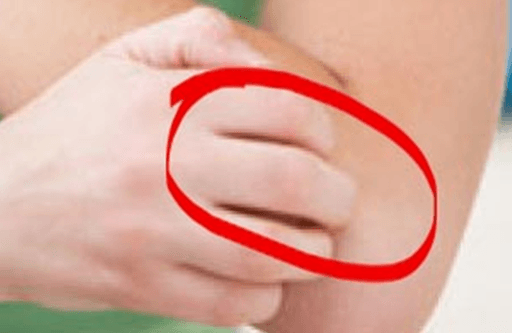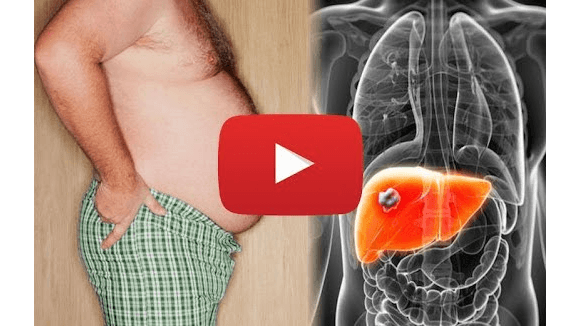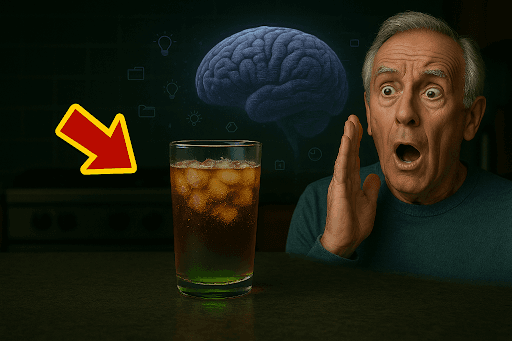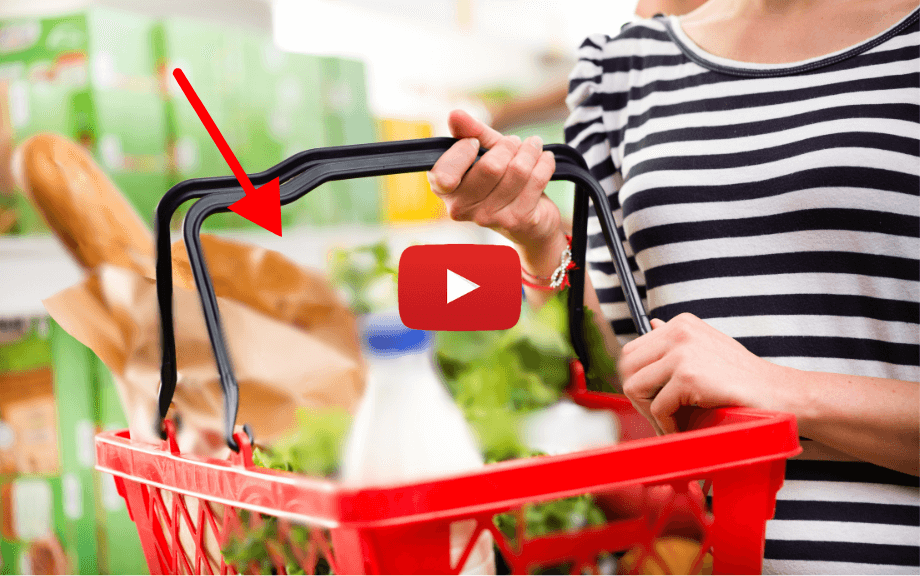Regain Movement in 2025 Post Stroke
In today's discussion, we delve into the concept known as the “Mere Ownership Effect" and its influence on recovery—specifically in neurology. This psychological principle suggests that things we own or believe we own become more valuable or attractive to us.
Tara, who identifies as a neurologic physical therapist, emphasizes that owning decisions and being actively involved in your recovery can significantly impact your outcome. Ownership fosters not just activity but empowerment.
The fondness we feel for our personal belongings—such as a pet or a house—illustrates this effect. Similarly, when it comes to personal goals, especially in recovery, the more ownership one takes, the more attractive and feasible those goals become.
Human nature propels us to avoid losing what we believe is ours, bolstering commitment and drive when pursuing self-set goals.
When you own the process, you own the outcome.
Despite significant respect for traditional healthcare approaches, some professionals expect a set list of instructions to suffice. However, Tara advocates for involvement in crafting a personal exercise program that participants iterate upon, refining through trial and error, which leads to greater empowerment, self-sufficiency, and confidence.
Tara recounts her learning experience with Photoshop. When she derived solutions from hands-on failure and exploration, as opposed to being fed step-by-step instructions, she became more adept. This echoes how autonomy in rehabilitation fosters deeper learning and aligns psychological ownership with personal growth.
- Improves decision-making skills
- Enhances confidence in handling setbacks
- Encourages initiative and custom progression
Through noted observations in practice, allowing individuals these freedoms catalyzes identity formation as successful contributors to their recovery process.
Tara concludes with an assurance that embracing the mere ownership effect in recovery significantly boosts confidence and builds a strong foundation for future endeavors, whether in health, wellness, or beyond. By taking ownership of the process, individuals inherently own their triumphs, fortifying their belief in their capabilities and the certainty of future successes.
From Around The Web
Wellness Inbox is a blog & weekly newsletter that curates trending news and products related to health and wellness from around the web. We also gather content from various sources, including leading health professionals, and deliver it directly to you.
Please note that we may receive compensation if you purchase any products featured in our newsletter. Wellness Inbox is not affiliated with, nor does it endorse, any health professionals whose content may appear in our newsletter. The information provided is for general informational purposes only and should not be considered medical advice.
The information provided is not intended to replace professional medical advice, diagnosis, or treatment. All content, including text, graphics, images, and information available is for general informational purposes only. We do not guarantee the accuracy or completeness of any information presented and assume no liability for any errors or omissions. The content is subject to change without notice. We encourage you to verify any information with other reliable sources and consult your physician regarding any medical conditions or treatments.







